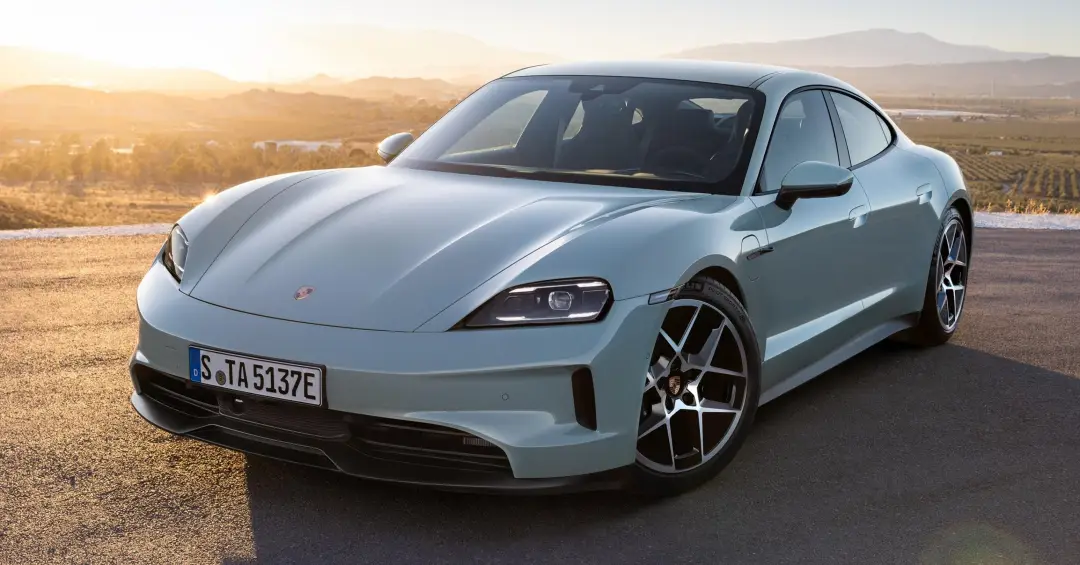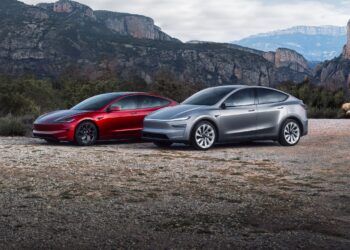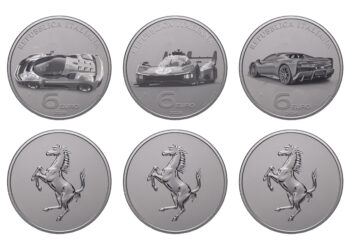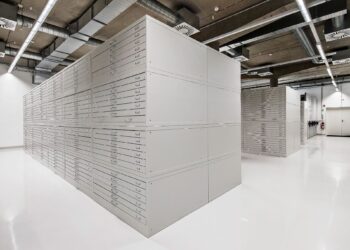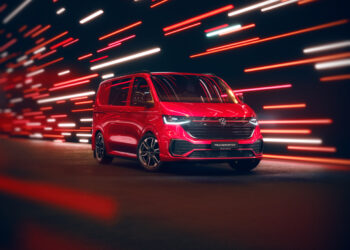Porsche is hitting the brakes on its aggressive electric vehicle (EV) expansion, making a stunning pivot back to combustion power—and it’s going to cost them. The German automaker, long seen as a leader in high-performance electrification, is now rebalancing its strategy, reinvesting in internal combustion and hybrid powertrains alongside its EV development.
But this isn’t just a simple switch. The financial toll will be massive, with Porsche forecasting a staggering $831 million in development costs for 2025 alone. And while this decision might resonate with petrolheads and driving purists, it comes with a trade-off: shrinking profit margins and growing uncertainty about the company’s long-term direction.
Why Porsche Is Doubling Down on Combustion Power
In 2023, Porsche sent shockwaves through the industry when it announced that its iconic V8 engines in the Cayenne and Panamera would live on beyond 2030. Now, Porsche Chief Financial Officer Lutz Meschke has confirmed that the company is actively exploring hybrid or full-combustion versions of vehicles that were originally meant to go fully electric.
The numbers tell the story:
- Porsche is forecasting a revenue of $40–$41 billion in 2025
- Profit margins are expected to fall to 10–12% due to the shift back toward combustion investments
- $831 million in development costs will cover combustion, hybrid, and “battery activities”
This shift is a direct response to a changing global market. EV demand isn’t growing as fast as expected, and strict tariffs, supply chain struggles, and slowing adoption rates have automakers rethinking their all-electric future. Porsche isn’t alone in this reversal—Ferrari, Lamborghini, and even Mercedes-AMG are also maintaining combustion models as demand for hybrid power surges.
A Turbulent Road Ahead: Porsche’s EV Delays & Challenges
While Porsche is still moving forward with electric sports cars and SUVs, delays are creeping into its EV lineup—casting doubt on its previous strategy.
🚨 The next-generation Porsche 718 (set to debut as an EV) is reportedly facing development issues, particularly in balancing performance with electric range. Could Porsche be reconsidering an ICE companion model to keep purists happy?
🚨 The all-electric Cayenne EV, originally targeted for a 2026 debut, has been delayed. Industry insiders speculate that Porsche might be rethinking an ICE or hybrid alternative for its flagship SUV.
🚨 The Macan EV, already a major part of Porsche’s electrification strategy, could see a combustion-powered revival sooner than expected.
While Porsche remains committed to EVs, it’s clear the company isn’t ready to go all-in just yet. Instead, it’s embracing a blended future, where combustion power, hybrid technology, and electrification coexist.
The Bigger Picture: What This Means for the Future of Performance Cars
Porsche’s pivot back toward combustion isn’t just about keeping traditionalists happy—it’s about hedging its bets in an uncertain market.
⚡ The EV market isn’t as profitable as expected—Porsche’s margins are taking a hit as battery development costs continue to climb.
🏎️ Performance still matters—Porsche’s driver base still craves high-revving, visceral sports cars, and full electrification isn’t yet meeting that demand.
🌎 Regulations are shifting—With governments worldwide adjusting their EV mandates and emission targets, automakers now have more room to keep combustion alive.
For now, Porsche is staying flexible. And in doing so, it’s proving that in a world racing toward electrification, internal combustion engines still have plenty of fuel left in the tank.

